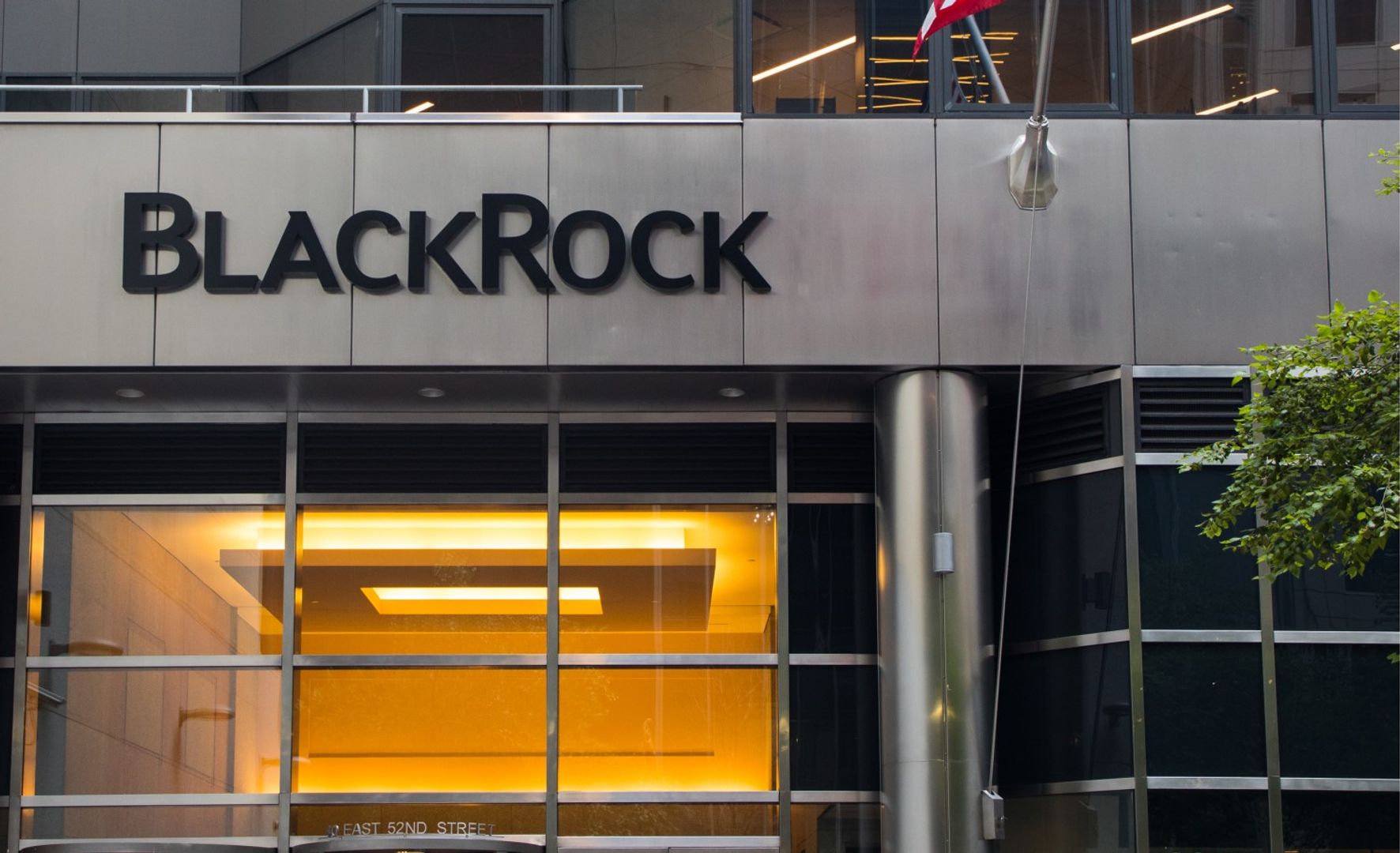BlackRock is preparing to bring blockchain to the back office of one of its largest funds, filing to offer a digital share class of its $150 billion Treasury Trust money market fund through BNY Mellon.
The new “DLT Shares,” short for distributed ledger technology, won’t hold crypto. But BNY Mellon, the fund’s exclusive distributor, intends to use blockchain to mirror share ownership records, an incremental step that could pave the way for broader adoption of tokenized cash, digital assets, or blockchain-based settlement infrastructure in traditional finance.
STORY CONTINUES BELOW
BlackRock’s Liquidity Treasury Trust Fund is part of the firm’s BlackRock Liquidity Funds suite and manages over $150 billion in assets as of April 29. The DLT share class has a minimum investment requirement of $3 million for institutional buyers, with no minimums on subsequent purchases. The SEC filing is preliminary and subject to approval.
This isn’t BlackRock’s first move into tokenization. Its blockchain-native BUIDL fund, created in partnership with Securitize, now manages over $1.7 billion in assets and recently expanded onto Solana.
BlackRock CEO Larry Fink has consistently emphasized his belief in the long-term potential of tokenization and decentralized finance. In his 2025 annual letter to shareholders, Fink warned that the U.S. risks ceding its financial dominance if it fails to control its debt – a vulnerability that could accelerate investor interest in alternatives like Bitcoin.
“If the U.S. doesn’t get its debt under control … America risks losing [its reserve currency status] to digital assets like Bitcoin,” Fink wrote. “Decentralized finance is an extraordinary innovation. It makes markets faster, cheaper, and more transparent. Yet that same innovation could undermine America’s economic advantage.”

